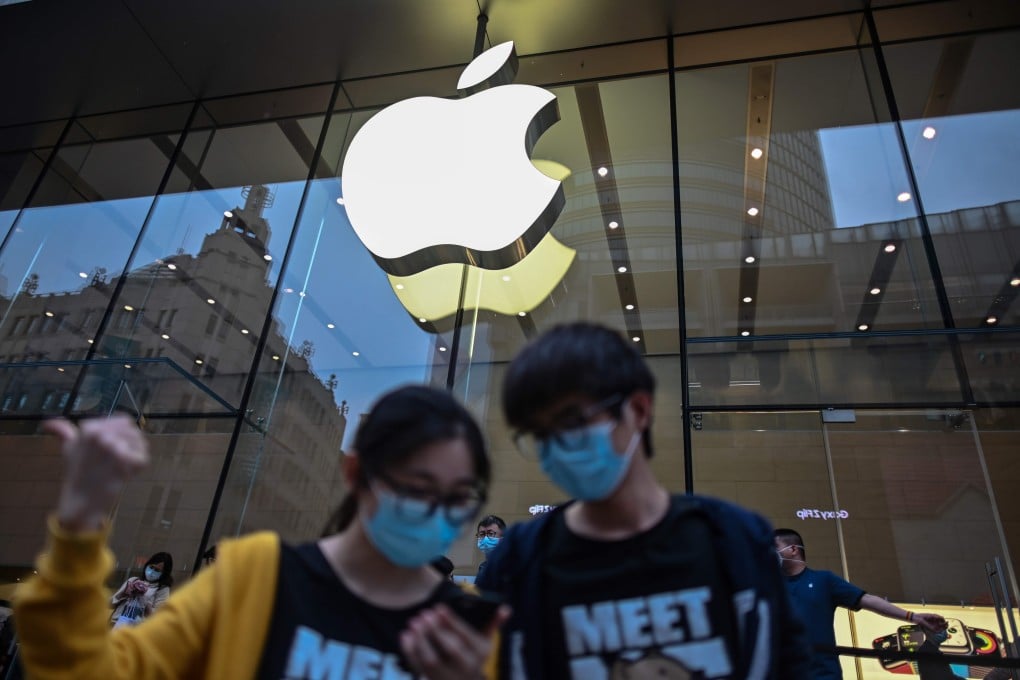Advertisement
Apple to pay US$1.9 million to online Chinese publisher for copyright infringement in App Store
- The Tianjin Binhai People’s Court found several unnamed apps on Apple’s online App Store in mainland China published unlicensed content
- COL Digital Publishing Group has sued Apple four different times since 2012 in cases related to digital works
Reading Time:2 minutes
Why you can trust SCMP
1

Apple was ordered to pay 12 million yuan (US$1.9 million) to a Chinese online publisher in an initial ruling handed down by the Tianjin Binhai People’s Court on Monday, months after the country’s highest court decided against the US technology giant in another lawsuit.
That ruling in favour of the Tianjin subsidiary of COL Digital Publishing Group, which has been locked in a legal battle with Apple for a decade, found that several unnamed apps on the US firm’s online App Store in mainland China published unlicensed content, including popular novels, that can only be distributed by the online publisher, according to a report by national newspaper the China Securities Journal.
The court in the northern city of Tianjin ruled that Apple failed to conduct due diligence to stop the copyright infringement of several third-party apps. Among the intellectual properties (IPs) involved in the case include famous novels by Chinese literary giant Ba Jin.
Advertisement
Apple and COL Digital Publishing’s legal battle is expected to continue because the plaintiff’s lawsuit concerns 83 separate incidents and 460 different IPs, with the total amount of damages claimed reaching more than 70 million yuan, according to the China Securities Journal report.
Apple declined to comment on Thursday. A lawyer for COL Digital Publishing confirmed the Tianjin court’s ruling, but declined to further comment because the case is ongoing.
Advertisement

This was not the first time COL Digital Publishing hauled Apple to court. The mainland firm has sued Apple four different times since 2012 in cases related to digital works, according to the report.
Advertisement
Select Voice
Select Speed
1.00x